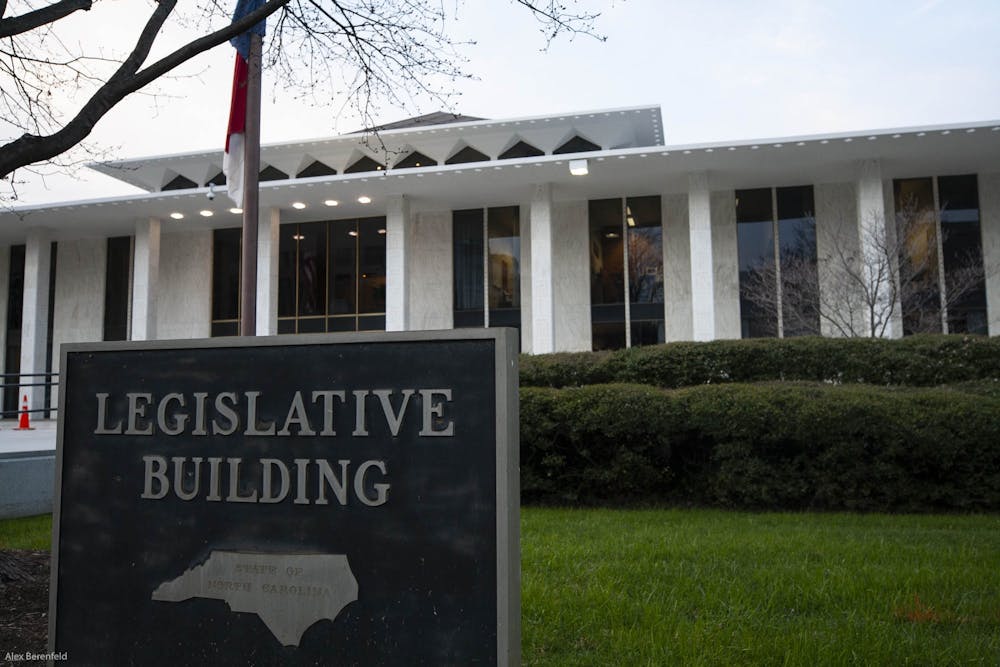N.C. House Speaker Tim Moore (R-Cleveland) has convened a select committee to begin forming the state’s response to the coronavirus pandemic. However, some lawmakers and experts have raised concerns that the General Assembly might not be able to act soon enough on some of the state’s most pressing needs.
What do legislators and local leaders say N.C. needs to do?
The House Select Committee on COVID-19 is divided into four working groups: health care, economic support, continuity of state operations and education.
N.C. Rep. Graig Meyer (D-Caswell, Orange), who is a member of the education working group, said his priorities are to improve resources during the virtual learning period for students who have limited access to digital resources, and to ensure students will eventually be able to go back to school before the end of the school year.
“I want kids and teachers to have the chance to get back to stability and to reconnect with each other and kind of settle this really difficult and traumatic period with some good social emotional connection,” Meyer said. “But the second reason is that I want a chance for us to get back to school, to be able to figure out kind of what happened with kids, and what do they need so that we can take care of their needs?”
Both Meyer and N.C. Rep. Verla Insko (D-Orange) said making adjustments to the state unemployment insurance system is crucial, particularly increasing the length benefits can be collected for and making sure independent contractors and gig workers can also collect unemployment insurance.
Insko, who is on the health care working group, said Medicaid expansion is also one of her top priorities.
“One of the things they are talking about doing instead of doing full Medicaid expansion would be to just make anybody who has this COVID virus to be automatically eligible for Medicaid if you’re uninsured,” Insko said.
Meanwhile, Carrboro Mayor Lydia Lavelle said she thought state laws that regulate how municipal governments must conduct their meetings need to be adapted. Lavelle said expanding Medicaid and broadband internet access would also be helpful at a local level.



